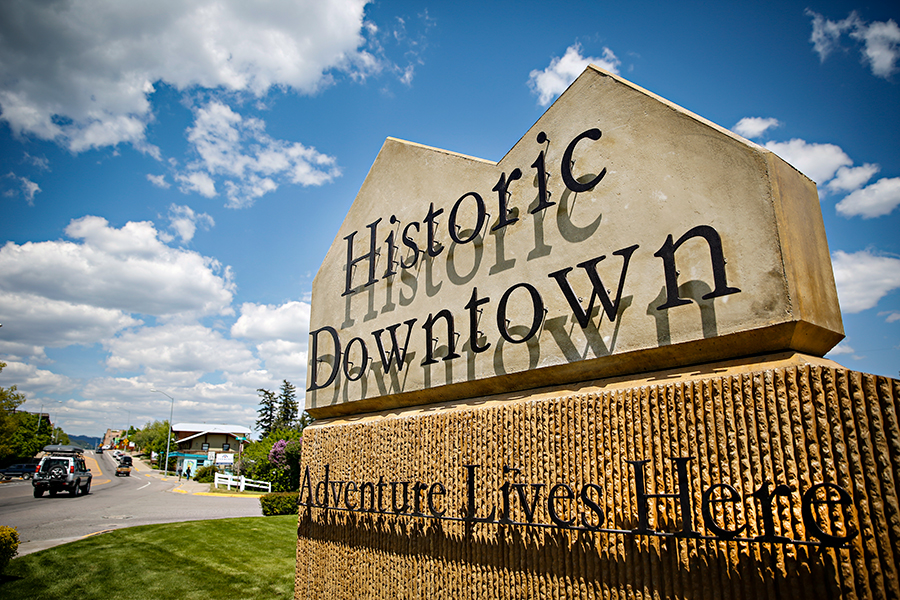In a strong turnout, voters in Columbia Falls approved a ballot measure last week to implement a 3% resort tax within city limits, to be effective for 20 years, with more than half of the revenue slated to go toward public safety funding, including a staffed fire department, and 25% directed to property tax relief.
The final tally was 768 voting in favor and 670 against, which means well over 50% of registered voters submitted ballots for the June 2 election, according to City Manager Susan Nicosia.
“We had an excellent turnout,” Nicosia said. “The vote reflects the communication and information that the city council put out. They worked on it for almost two years, putting it all together, carefully identifying what will be taxed, defining what’s a luxury. The council really did a lot of work in advance, and I think that people saw that.”
The Columbia Falls City Council will hold a public meeting process to formally adopt an ordinance enacting the proposal, which calls for a 3% tax on non-essential “luxury” goods and services sold by businesses only within city limits, while exempting a long list of “necessities of life,” with the goal of minimizing impact on local residents and maximizing tourism dollar catch.
The city council held a series of public meetings in January and February to solicit public input and tweak the tax’s draft proposal, which was crafted by an advisory committee consisting of city councilors and volunteer members of the public.
City officials estimate the tax will conservatively generate $450,000 a year. The city initially planned to begin collecting the tax this fall, but Nicosia said the council unanimously voted to delay the starting collection date a year, to Oct. 1, 2021, to account for the financial damage inflicted by the COVID-19 public health crisis.
“This will give people time to emotionally and financially heal after being hit with the pandemic,” Nicosia said.
The Montana Department of Revenue defines a resort tax as a local-option sales tax that applies to a list of goods and services in the general categories of hotels, motels and other lodging or camping facilities; restaurants, fast food and other food-service establishments; taverns, bars, night clubs, lounges or other public establishments that serve alcohol; and destination ski resorts or other destination recreational facilities.
“The fundamental idea behind resort taxes is to allow places with high numbers of visitors, but relatively few residents, to manage the wear-and-tear on local infrastructure without overburdening local citizens,” the Department of Revenue states.
To be eligible for a resort tax, a town or area must meet certain population thresholds, as well as demonstrate that a major portion of the economy is based on tourism. The Montana Department of Commerce told Columbia Falls in April 2019 that it qualified as a resort community. By state law, local voters were required to vote on a ballot initiative outlining the tax rate, duration, effective date and allocation.
Whitefish also has a resort tax, along with Red Lodge, Virginia City, West Yellowstone, Big Sky, Cooke City, Craig, Gardiner, St. Regis and Wolf Creek.
Individual businesses are responsible for collecting the tax, and 5% of tax revenues in Columbia Falls will be set aside for “administrative fees for businesses” to reimburse them for their efforts. The rest of the tax revenue will be distributed as: 55% for public safety funding; 25% for property tax relief; 14% for public infrastructure funding; and 1% for city administration costs.
The resort tax grew out of discussions over how to best fund public safety, as the city had identified a paid fire department as a top priority. City officials researched the issue and decided a resort tax would be a better funding mechanism than alternatives such as a public-safety bond. Councilors noted that increasing numbers of tourists strain infrastructure and public safety resources but don’t pay for any of it.
